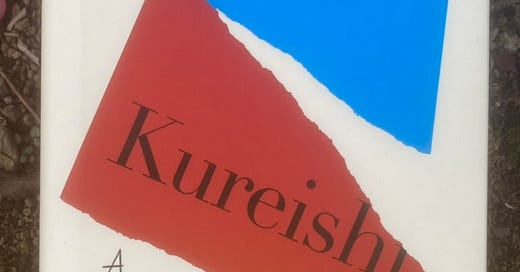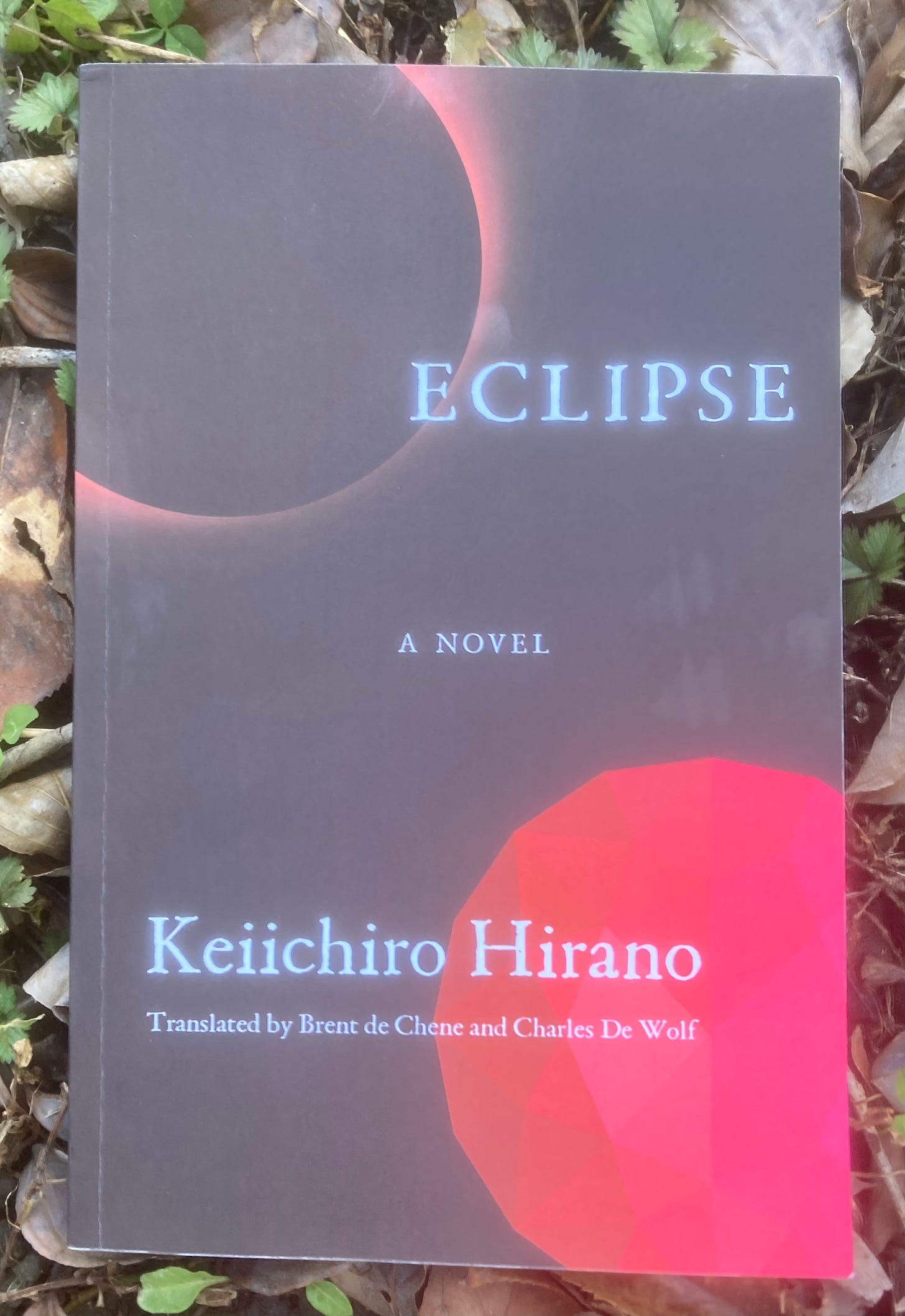In December 2022, Hanif Kureishi fell in Rome and injured his spine, leaving him paralysed from the neck down. Shattered is his memoir of his time in hospital, first in Italy, then in England, and his treatment, dictated to his sons from his bed and wheelchair. Like Salman Rushdie’s memoir, Knife, it is equally heartbreaking and hilarious, with Kureishi’s typical brutal honesty and wry humour turned on himself. While Rushdie’s stabbing was the result of external factors, Kureishi’s accident was simple dumb bad luck, falling from his chair in a dizzy spell and landing badly. As a result, his story is terrifying; the chances of me being stabbed over the reaction to one of my books is very low, but Kureishi’s injury could literally happen to anyone. That aside, it’s been a while since I read his work and this memoir reminded me why I was such a fan. I will be revisiting The Buddha of Suburbia, The Black Album, and Intimacy as soon as I get a chance.
A very different kind of memoir, this book about REM contained little I didn’t already know but is written in a flowing, almost novelistic style and the author doesn’t mind flaunting journalistic tradition to write about the band members’ thoughts and feelings, which gives the book a depth other music bios lack. I read this in preparation for a project I’m working on that I hope to talk more about soon.
One of those weird coincidences: a colleague asked me if I’d read Keiichiro Hirano the day this novella arrived from the publisher. Eclipse is set in 15th century France, and follows a Dominican friar who is waylaid in a village while travelling from Paris to Florence, where he meets an alchemist and gets caught up in some supernatural goings on that climax with a witch trial and the titular eclipse. It’s very different from the majority of Japanese literature getting translated at the moment (not a cat in sight) and will appeal to Umberto Eco fans (I’d put good money on Hirano having read The Name of the Rose). My main quibble is that since it was obviously written for a Japanese readership, there are long, unnecessary digressions early in the book that explain the milieu of European Christendom and look a little bit like the author showing off his research. Eclipse is the first Hirano book I’ve read and m’colleague was disappointed by that, saying that he goes on to get much, much better. It looks like there are a couple of others out there in English, so I will take his word for it and track them down.
Long-time readers will know of my amateur love of geology, so this book was right up my strata. Somerville walks from north-west Scotland to south-east England, and in doing so charts billions of years of geological change visible in the British landscape. I’d love to read this while hiking around the Western Isles and Highlands, being able to look with my own eyes on the formations he describes, but Google Maps and memory will have to do for the moment. It’s not all rocks, though, as he enlivens the narrative with tales from fiction and history connected to the areas he tramps through, populating the often barren landscapes and bringing them to life. It reminds me quite a bit of what I set out to do with The Japan Lights. While it is a complete narrative, I also think this could make a great almanac. I can see myself revisiting the chapter set on Skye, for example, while camping there, or the section on the West Highland Way when I finally get round to doing that route, dipping in and out for interesting facts with which to bore my fellow hikers.
Finally, I got round to delving into my friend Adam Miller’s self-published YA novel, The Unseen. Written, if I’m getting the backstory right, out of bedtime stories he told his daughter when she was younger. It’s a classic YA fantasy tale of magic, monsters, military, and monarch. I’m not exactly the target audience for it but I thoroughly enjoyed the world Adam created and the various creatures that populate it.









Walking the bones of Britain sounds brilliant, adding to my wishlist. Thank you!